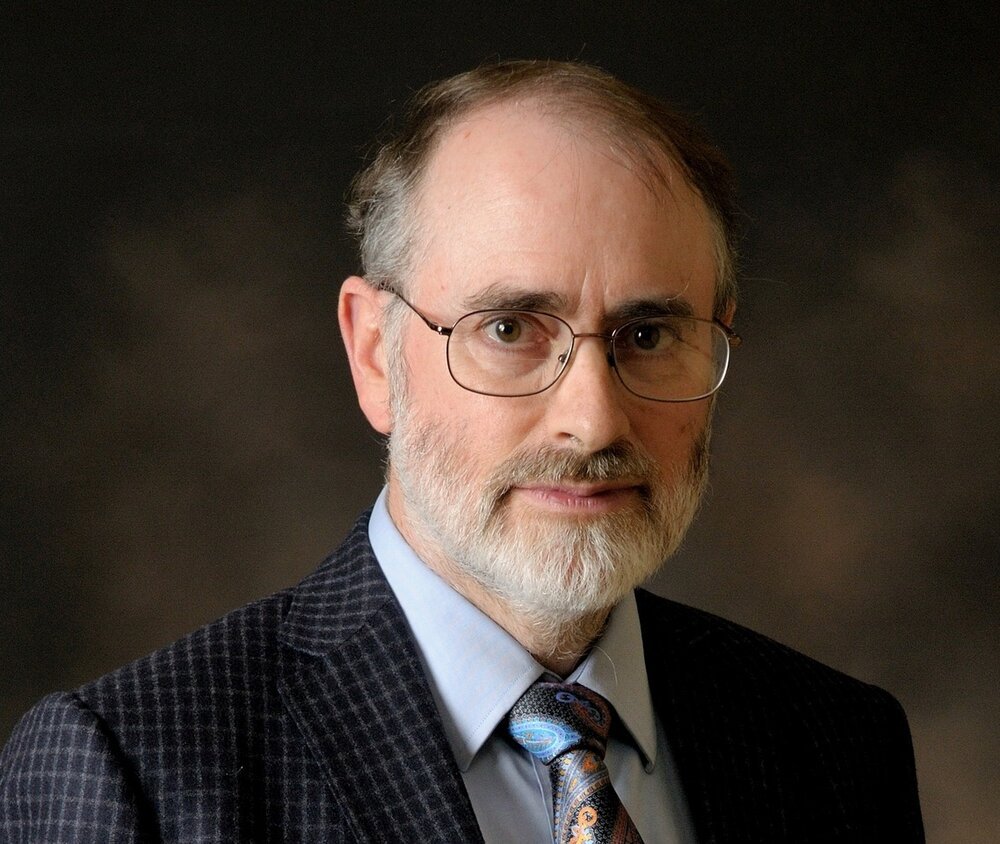HMI DAIS 19 - Public online seminar, 11am 14 October 2022 AEST
Tom Dietterich (AB Oberlin College 1977; MS University of Illinois 1979; Ph.D. Stanford University 1984) is Distinguished Professor Emeritus in the School of Electrical Engineering and Computer Science at Oregon State University. He is one of the pioneers of the field of machine learning and has authored more than 225 refereed publications and two books. His current research topics include robust artificial intelligence, robust human-AI systems, and applications in sustainability.
Seminar Title: The Familiarity Hypothesis: Explaining the Behavior of Deep Open Set Methods
Abstract: In many applications, object recognition systems encounter objects belonging to categories unseen during training. Hence, the set of possible categories is an open set. Detecting such “novel category” objects is usually formulated as an anomaly detection problem. Anomaly detection algorithms for feature-vector data identify anomalies as outliers, but outlier detection has not worked well in deep learning. Instead, methods based on the computed logits of object recognition networks give state-of-the-art performance. This talk proposes the Familiarity Hypothesis that these methods succeed because they are detecting the absence of familiar learned features. This talk will review evidence from the literature and from our own experiments that supports this hypothesis. It then experimentally tests a set of predicted consequences of this hypothesis that provide additional support. The talk will conclude with a discussion of whether familiarity detection is an inevitable consequence of representation learning and concludes that we can go beyond familiarity detection if we can learn to represent objects in terms of disentangled attributes that support outlier detection.

